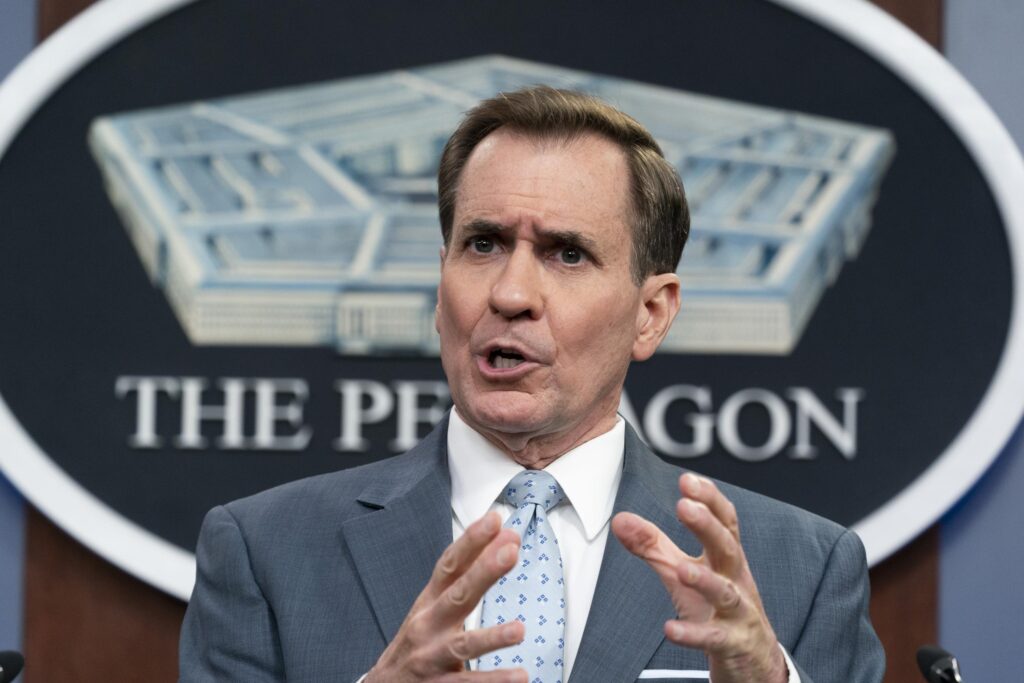On Friday, Russia issued a statement urging the United States to provide any information it possesses if it is confident that Ukraine had no involvement in a recent mass shooting incident at a concert hall near Moscow.
This call for transparency came in response to comments made by John Kirby, a spokesperson for the White House, who earlier that day mentioned there was “no indication at this time that Ukraine, Ukrainians were involved” in the attack.
Reflecting on the White House’s stance, Maria Zakharova, the Foreign Ministry spokeswoman for Russia, highlighted the lack of evidence pointing to Ukrainian involvement in the incident.
She questioned the grounds on which Washington officials were absolving Ukraine of any responsibility amidst the unfolding tragedy.
Zakharova emphasized the importance of sharing relevant information with international partners and criticized the premature conclusions drawn by the U.S. regarding Ukraine’s innocence.
Her remarks underscored a sense of frustration with the way the U.S. communicated its assessments, suggesting that without concrete evidence, such statements should not be made.
Zakharova’s statement implies a broader call for cooperation and openness between nations, especially in light of serious incidents that can have significant geopolitical implications.
The Russian demand for the U.S. to either share its intelligence or refrain from making unsubstantiated claims reflects the complexities of international relations and the delicate balance of trust and diplomacy that defines them.
This incident highlights the ongoing tensions and the intricate dance of information sharing and accusation between global powers, underscoring the importance of transparency and evidence in international discourse.
